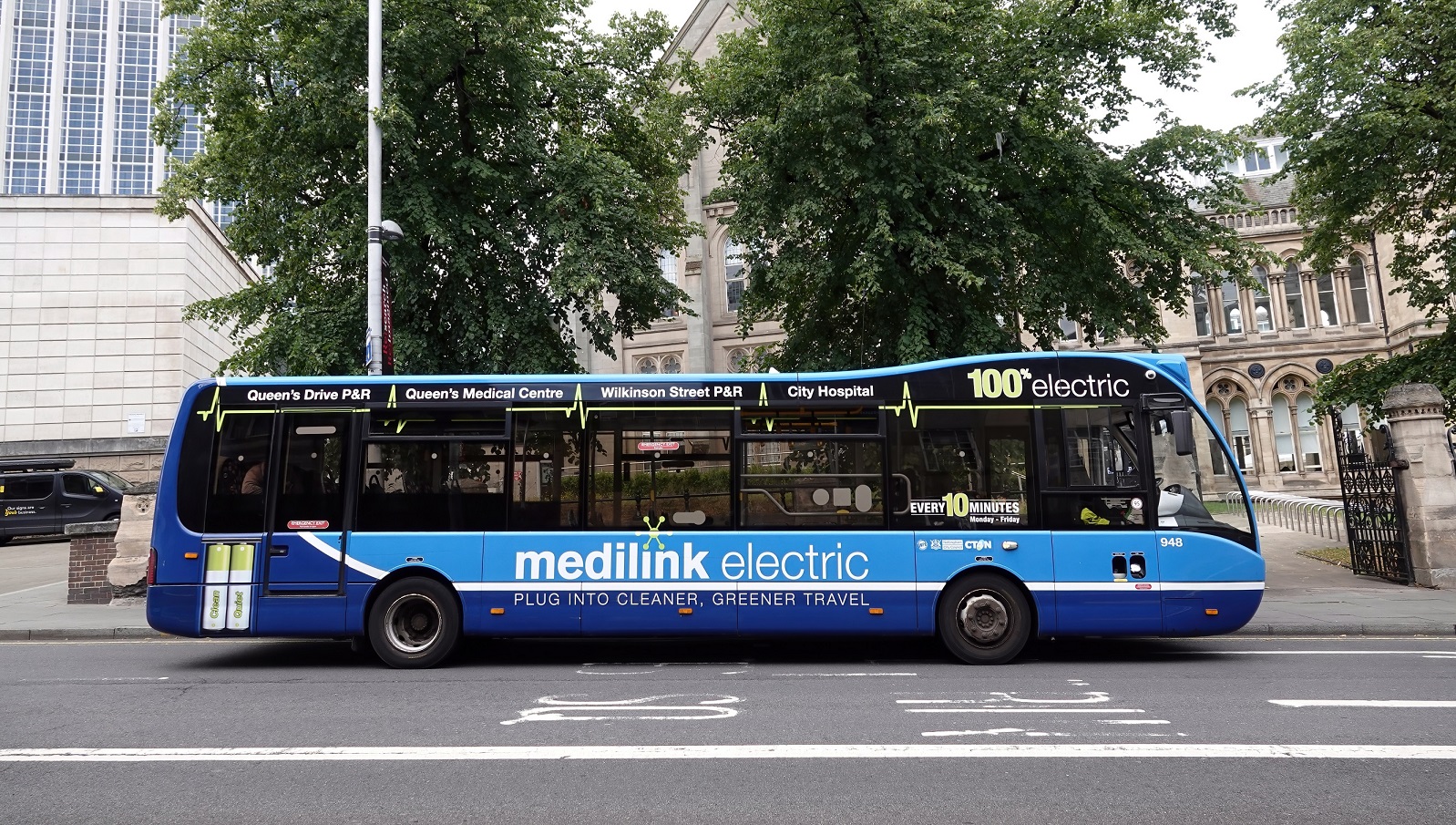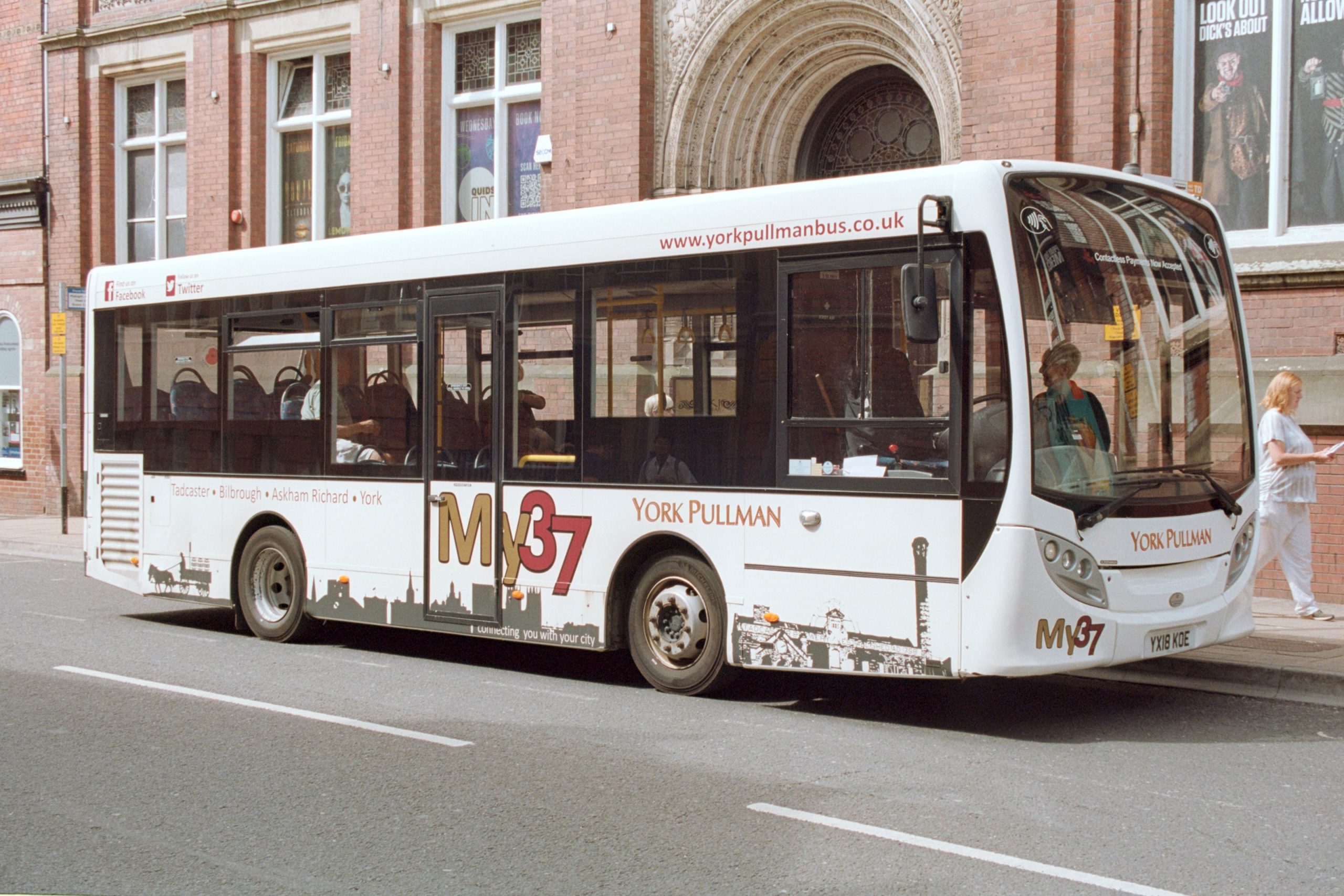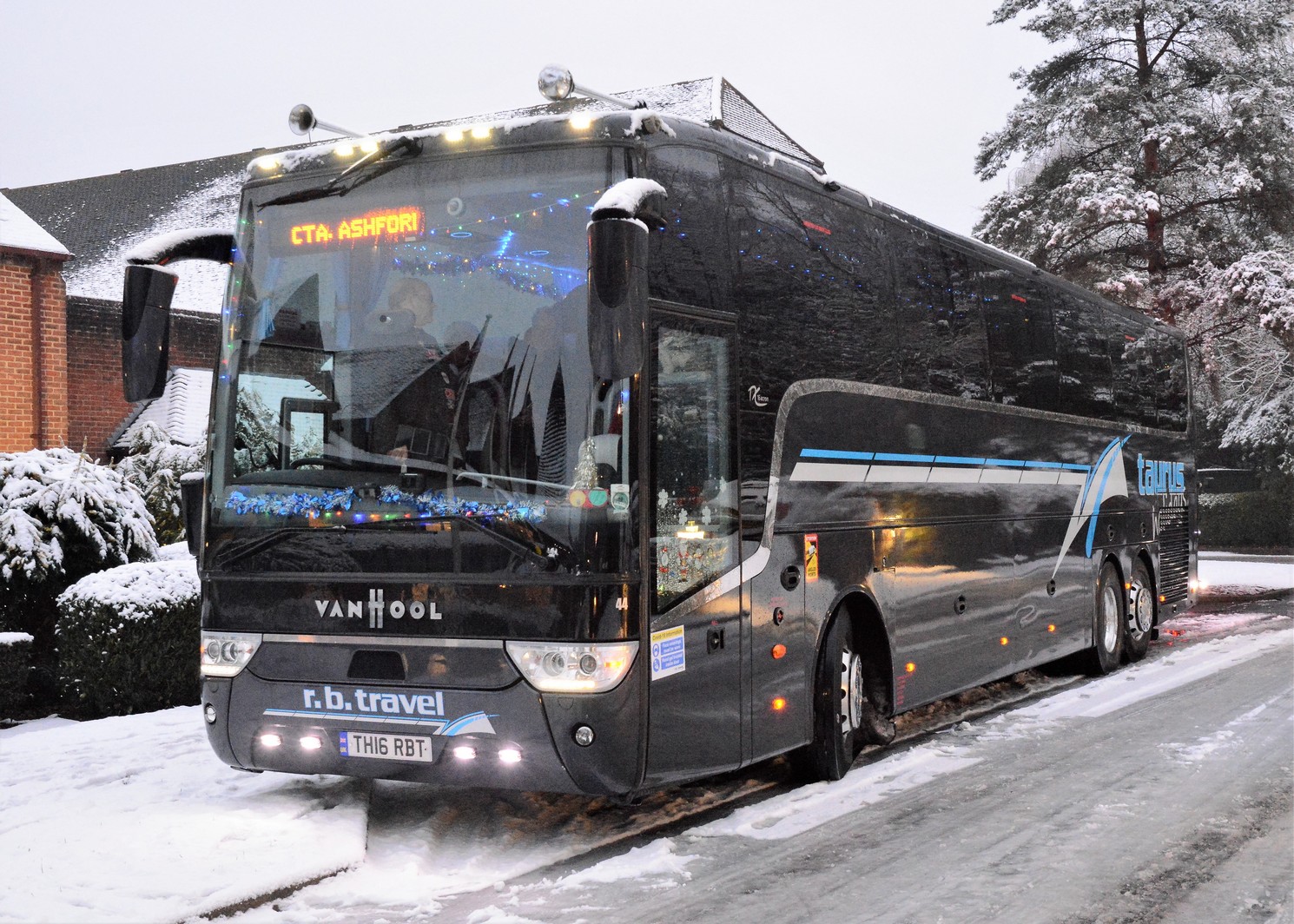This year could (and should) see some key moves from the government regarding zero-emission bus (ZEB) funding and policy in the UK.
Not only do we have funding for ZEBs in England worth £205 million – with £50 million to come in Scotland – we also have the long-awaited BSOG reform consultation and a potential date to be set for the end of new non-zero-emission buses in the UK.
Another development that may not have been spotted by the industry is the changes being made to how electricity grid upgrades are paid for. Ofgem will be socialising the cost of significant upgrades from April (under the Significant Code Review). This means that, in some cases, it will likely be much more affordable to upgrade the grid connection to your depot.
So some pretty important influences on the market are to come this year. However, the outcomes will be significantly influenced by what happens with inflation and the cost-of-living crisis, as well as international developments such as the war in Ukraine, and China emerging from lockdown.
Towards the end of 2022, we saw widespread alarm calls from local authorities (LAs) around the cost of borrowing, threatening not only bus projects but many other capital-intensive schemes that would previously have been given the green light.
Inflation, combined with the raiding of departmental budgets to cap energy costs across he UK, may delay the release of the latest pots of funding. However, the £205 million to support ZEB purchases in England is still expected to be announced during this financial year.
But that does not leave much time for LAs and operators to get their bids together before the March deadline for funding allocation. Hopefully some already have oven-ready plans waiting to go.
There have been some positives for the start of the year. The wholesale price of natural gas has been coming down and the cost of diesel is also falling, relieving some pressure on the industry. That could be short lived, however, if China bursts out of the lockdown blocks and starts hoovering up oil to kick-start its economy.
Despite the economic situation, it is hard to gauge the current government’s appetite for wider long-term reform. The plan to steady the ship is likely to take priority, so tackling BSOG reform in England – which is likely to require parliamentary chamber time to make significant changes – may continue to drag on unresolved.
The consultation response on the end of the sale of new, non-zero-emission buses might give the government a quick win if it needs to make a statement on climate change. However, it does not feel like Rishi Sunak has the same love for buses as his predecessor-but-one, so it might not be high on this government’s agenda.
So while we may see something of a ‘holding pattern’ developing in 2023, the pieces of the zero-emission puzzle are falling into place for a full market transition. Zemo Partnership estimates that around 40% of all new bus registrations in 2022 were zero-emission, continuing the trend of the bus industry achieving the highest proportion of zero-emission sales of all UK vehicle sectors.


























